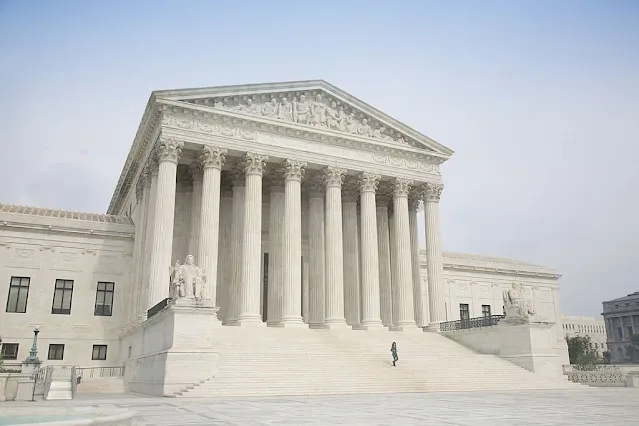In a significant decision, the Supreme Court has upheld a Native American adoption law, marking a pivotal moment in the recognition of tribal sovereignty and the preservation of cultural heritage. This landmark ruling has far-reaching implications for Native American communities and the foster care system, affirming the rights of tribes in matters related to the adoption of Native American children.
The Supreme Court's decision serves as a powerful acknowledgment of the unique legal status and inherent authority of Native American tribes in safeguarding the well-being and identity of their children. The case revolved around the Indian Child Welfare Act (ICWA), a federal law enacted in 1978 to address the high rates of removal of Native American children from their families and communities.
Under the ICWA, Native American children involved in adoption or foster care proceedings are afforded certain protections, including preferences for placement with Native American families, efforts to maintain cultural connections, and tribal participation in decision-making processes. These provisions are crucial for preserving tribal traditions, language, and kinship bonds that form the foundation of Native American identity.
The Supreme Court's decision to uphold the ICWA reinforces the importance of tribal sovereignty and recognizes the compelling interest of tribes in protecting the best interests of Native American children. By affirming the law, the Court has reaffirmed the federal government's trust responsibility towards Native American tribes, ensuring that the historical injustices inflicted upon indigenous communities are not perpetuated through the adoption process.
This ruling not only safeguards the rights of Native American children but also emphasizes the significance of cultural preservation and the enduring value of tribal heritage. It underscores the vital role that Native American communities play in shaping the futures of their children, promoting tribal self-governance, and fostering the well-being of their members.
The Supreme Court's decision has been hailed as a pivotal step towards rectifying past wrongs and promoting greater understanding and respect for Native American cultures. It recognizes the unique challenges faced by Native American families and the necessity of preserving their cultural identity for future generations.
In upholding the Native American adoption law, the Supreme Court has sent a powerful message that the best interests of Native American children are intertwined with their tribal heritage and that preserving their cultural connections is of paramount importance. This ruling represents a significant milestone in the ongoing journey towards justice and equality for Native American communities, setting a precedent for upholding tribal sovereignty and cultural preservation in the realm of adoption law.
